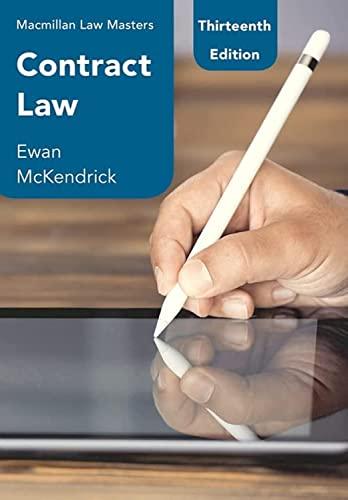Assignment
31. What is required for a general rule of customary law to be formed? Doc. No.: EXM/F/03 Page No.: 5/2 Issue No.: 1 Last Update: 15/04/15 Revision No.: 1.1 Date: 12/04/06 Author: EC Approved: Provost a) Only general, widespread and consistent practice on the part of States is required. b) The consistent practice of few States is sufficient. c) The legal conviction that a certain practice of a State is in accordance with international law is the most significant requirement. d) Both the elements of widespread and consistent State practice and of the opinio juris are required. 32. What kind of passage does qualify as 'innocent passage"? a) Innocent passage is the passage that does not involve any criminal activity b) A vessel's passage is considered 'innocent' where it is not prejudicial to the peace, good order or security of the coastal State c) Innocent passage concerns only vessels of the same nationality with the coastal State d) Innocent passage concerns only the passage of merchant vessels and not of warships 33. Which State exercises jurisdiction over vessels on the high seas? a) All States may exercise jurisdiction over foreign vessels on the high seas. b) States may exercise jurisdiction over foreign vessels on the high seas only in cases of criminal activity that concerns them c) The flag State is to exercise exclusive jurisdiction over its vessels on the high seas, with the exception of specific cases, such as piracy d) The Port State is the only State to exercise exclusive jurisdiction over its vessels on the high seas with no exception 34. Is there any hierarchy or priority among the various methods of peaceful settlement of disputes? a) Yes, all the diplomatic methods (e.g. negotiation, mediation, inquiry, conciliation) should be exhausted prior to resorting to legal (adjudication) methods. b) Legal methods prevail over the diplomatic methods, since they are binding upon the parties. c) There is no hierarchy among these methods and the choice belongs to the disputing States d) It is a matter of an impartial third party to decide which method will have priority over the other 35. What is the difference between diplomatic and adjudication (legal) means of dispute resolution? Doc. No.: EXM/F/03 Page No.: 6/2 Issue No.: 1 Last Update: 15/04/15 Revision No.: 1.1 Date: 12/04/06 Author: EC Approved: Provost a) The outcome arising from adjudication methods, ie arbitration or judicial settlement by the PCA and ICJ respectively, is final and binding upon the parties, whereas this is not the case with diplomatic methods b) The diplomatic methods are pursued upon the consent of the parties to the dispute. whereas the adjudication methods do not







